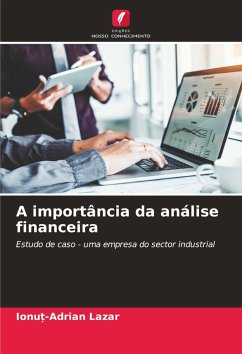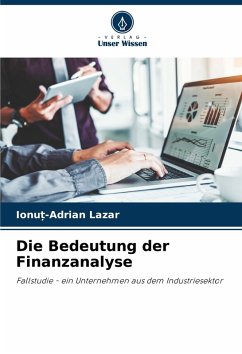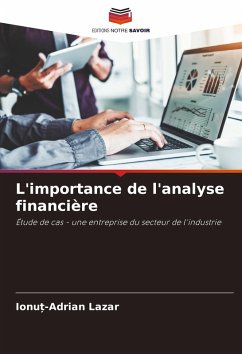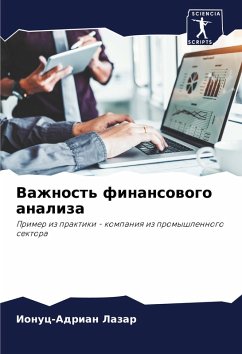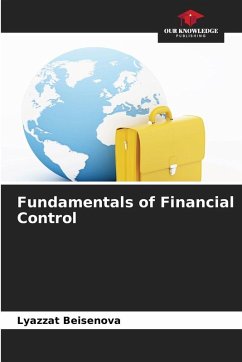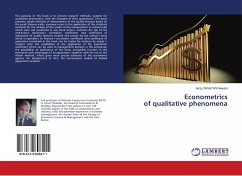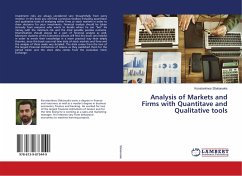
Fundamentals of Qualitative Money Theory
Versandkostenfrei!
Versandfertig in 6-10 Tagen
11,99 €
inkl. MwSt.

PAYBACK Punkte
6 °P sammeln!
The application of the innovative approach has made it possible to build a qualitative theory of money, which provides innovative development of the economies of countries around the world. Thanks to the model of socio-political mode, it becomes possible to correctly assess the quality indicators of national money. Thus, the way to the further development of methods for analyzing economic policy is opened. The purpose of constructing the model - evaluation of the quality of economic management is to ensure the unity of qualitative and quantitative indices of economic growth. It is constructed ...
The application of the innovative approach has made it possible to build a qualitative theory of money, which provides innovative development of the economies of countries around the world. Thanks to the model of socio-political mode, it becomes possible to correctly assess the quality indicators of national money. Thus, the way to the further development of methods for analyzing economic policy is opened. The purpose of constructing the model - evaluation of the quality of economic management is to ensure the unity of qualitative and quantitative indices of economic growth. It is constructed adequate on a stage of innovative development of technical-technological, currency-financial and social-political ways of national economy of each country and the world as a whole according to N. Nazarbayev's theorem-hypothesis about the fifth way of economic development. The materials of the Kazakhstan authors' report dedicated to the 80th anniversary of Academician Alexander Grigorievich Granberg were used in the work (Baizakov S., "Unegel m r" / edited by Mutanov G.M. - Almaty: Al-Farabi Kazakh National University, v.125. - 403 p., P210).





